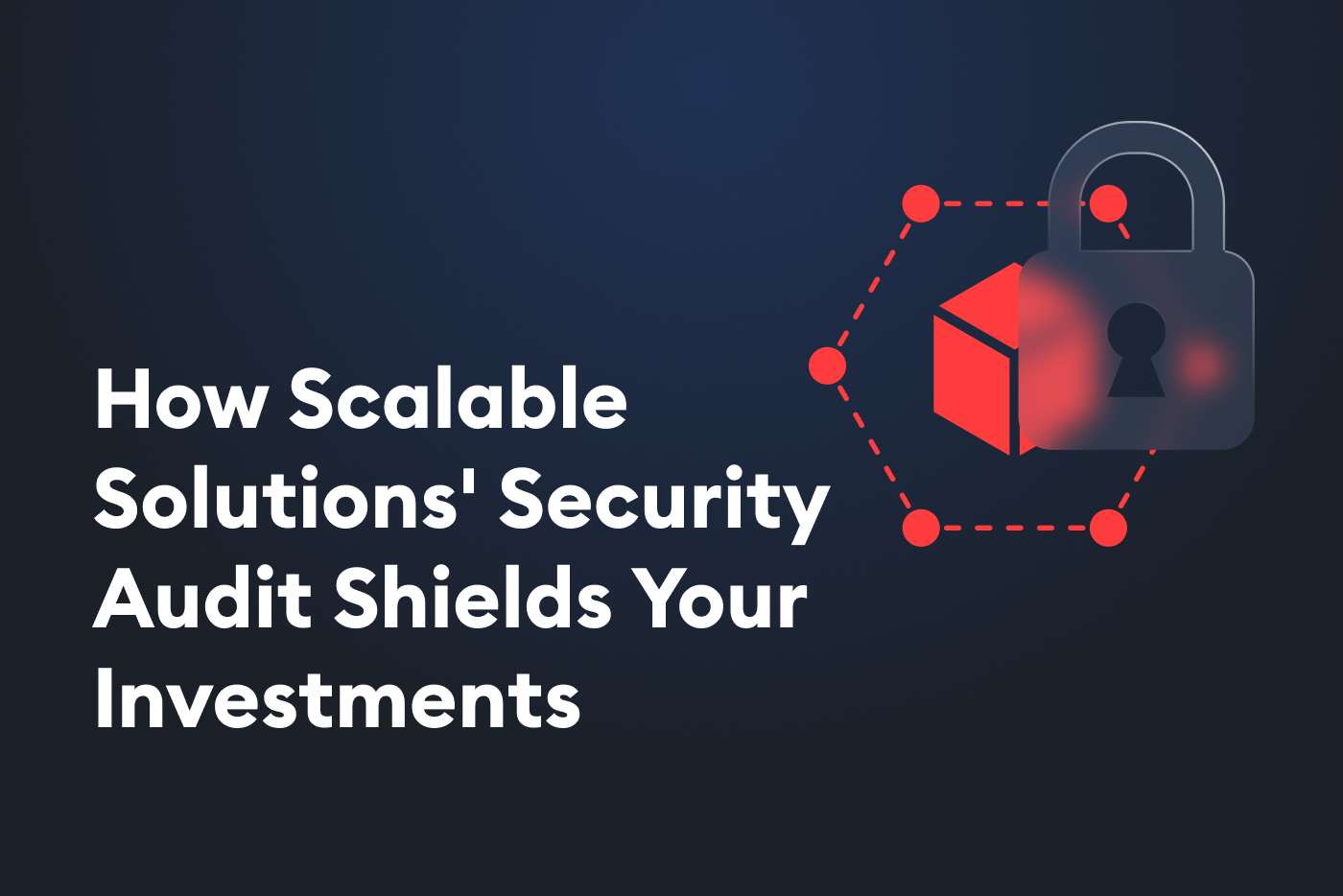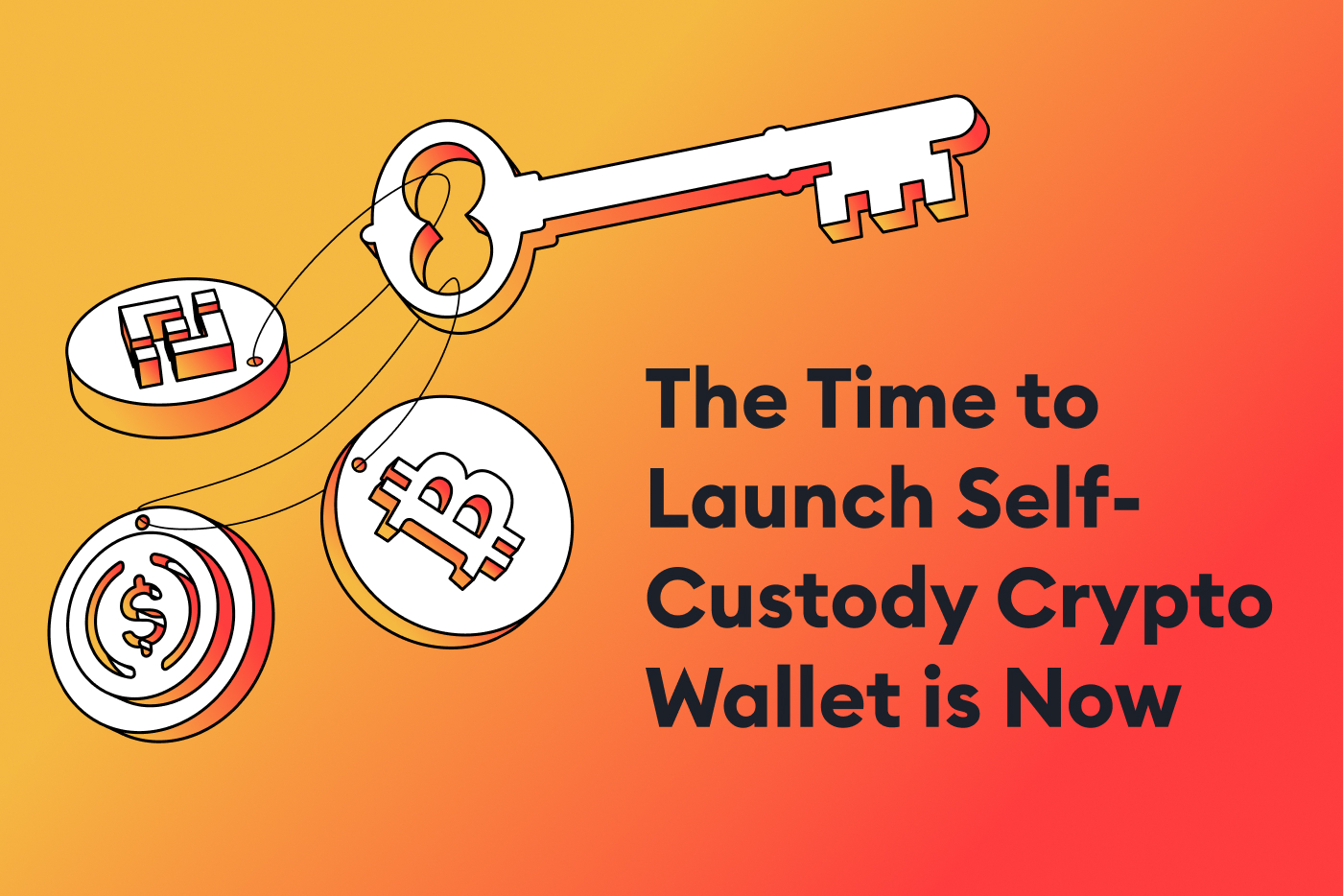
The Scalable blog covers a broad range of topics about blockchain, DeFi, exchange technology and more. We try to accommodate readers with various levels of knowledge and technical acuity on the subject; this occasion is no different. A lot of information is written to explain basic concepts within blockchain technology on wallets, transactions, protocols, and more. While security, decentralization and scalability are the most discussed concepts, we would like to go a step further and present a more detailed description of how any relevant service (wallet/exchange/etc.) supports a wide range of cryptocurrencies, and consider the benefits of being blockchain agnostic.
Coins and tokens
Firstly, it’s important to understand that distributed ledger technologies (DLT’s) are a world unto themselves. A broad amount of consensus algorithms, as well as smart contract languages and virtual machines make each blockchain unique, and subsequently, create unique coins. The main types of cryptocurrencies are coins and tokens. Basically, coins run on their own blockchain, whilst tokens run on blockchains that are not natively theirs. ERC-20 tokens are the go-to example of this; Ethereum allows the creation of tokens on its own network, avoiding the need to establish a new one each time.
Why do we mention all of this? In order to show that there is an exponential relationship between the number of cryptocurrencies out there and the infrastructure that must be deployed for them to exist. For example, in the cases where exchanges or wallets actively run nodes, an immense amount of computational power as well as storage are required to catch up to every blockchain and be able to update them.
Adapting to different blockchains
As a Software-as-a-Service (SaaS) company, we consider that the benefits of being blockchain agnostic outweigh the costs. Simply imagine a car workshop that only has spare parts for a unique car model; this would be similar to only having the technology to adapt to one blockchain. However, having the ability to provide for whichever needs a prospective client may have would characterize the business as embracing.
Similarly, having the flexibility to swiftly and seamlessly switch between blockchains is essential in today’s world. This is a prerequisite for providing the highest levels of service for clients. It means users don’t need to search for different exchange platforms to handle transactions for various holdings, as well as businesses not having to worry about changing technology [1]. Whether it means creating a token of a real-world asset on a specific chain, setting a coin-inclusive exchange, or simply storing hard-earned life-long savings, Scalable is blockchain agnostic and can accommodate for virtually any need.
Scalable Offerings
Whether we are offering our white-label exchange, our white-label wallet, tokenization services, or other products, we deliver professional and technologically advanced services to our clients. Given the industry we operate in, security and user experience are two of the pillars of our model.
Regarding security, we combine a long list of outstanding industry professionals with deep theoretical knowledge and practical experience in order to provide technology that has not lost any of our users’ funds. Our wallets, for example, permit enabling at least 3-out-of-5 multi signature withdrawals and emergency as well. In our white-label exchanges, we operate separate teams that don’t know each other with detailed controls among them. These include the cross-checking of out-going transactions, as well as emergency teams for specific cases. We mitigate risk by having different fund buckets. For instance, hot wallets can contain roughly 1-2% of overall funds and use machine learning to calculate needs. Cold, offline and semi online wallets can store the rest.
For user interface, we consider it paramount to offer every useful tool to avoid hacks on users’ accounts. In the case of custodial wallets like FreeWallet, trying to avoid physical robbery through withdrawal wallet white-listings, 24 hour locks, mails for external logins, 2FA, and IP ranges detection provides a series of layers to maintain funds as secure as possible. For users that put security at the top of their priority list, Lumi Wallet provides a non-custodial multi-currency option with a built-in exchange, and we add on top of that recommendations for the storing of private keys in a hardware environment [2]. We also have key ceremony protocols for generating enough randomness in the creation process of private keys, so no one can get their hands on generated keys.
Strong technology backbone
Another topic is the developer team, whose skills and expertise often create the backbone for any successful digital asset venture. Good programmers can easily understand Solidity (Ethereum’s smart contracts language) and other languages that are necessary for the job. This is especially important in an industry that requires swift responses and constant adaptation. At Scalable we have over 200 engineers that come from respected universities and have years of experience in programming.
We believe that everyone should have the opportunity to leverage blockchain technology and its benefits. Hence, we want to do our best to help that vision come to fruition. By supporting over 70 blockchains and thus being blockchain agnostic, with state-of-the-art technology, strategic partnerships, and an exceedingly capable team backing our beliefs, we know we are on the right track.
References
[1] “Powered by Blockchain Agnosticism.” Medium, The Startup, 9 Apr. 2019, medium.com/swlh/powered-by-blockchain-agnosticism-3c60db3b3bad.
[2] Please do not confuse this with hardware wallets. In this case, we mean storing private keys in several pieces of paper, for example.

